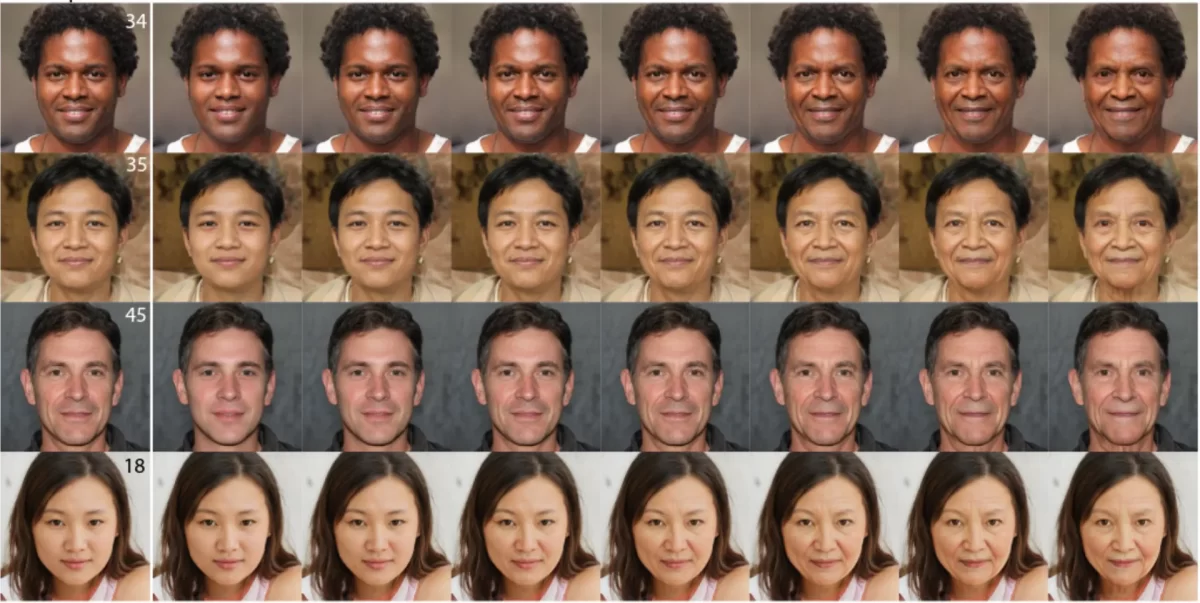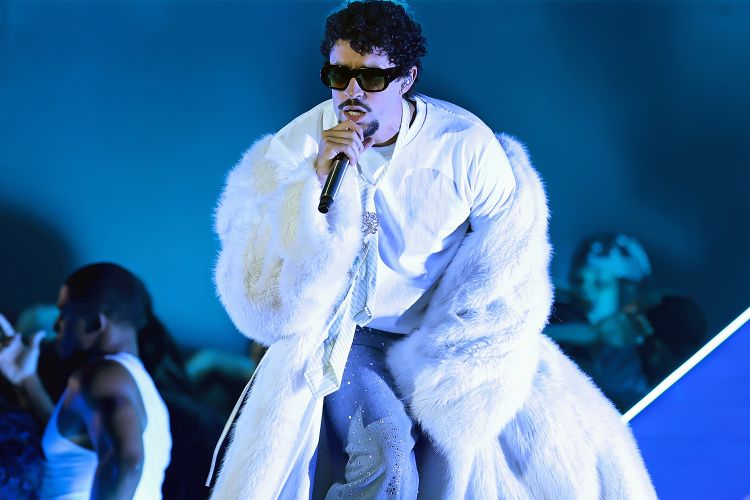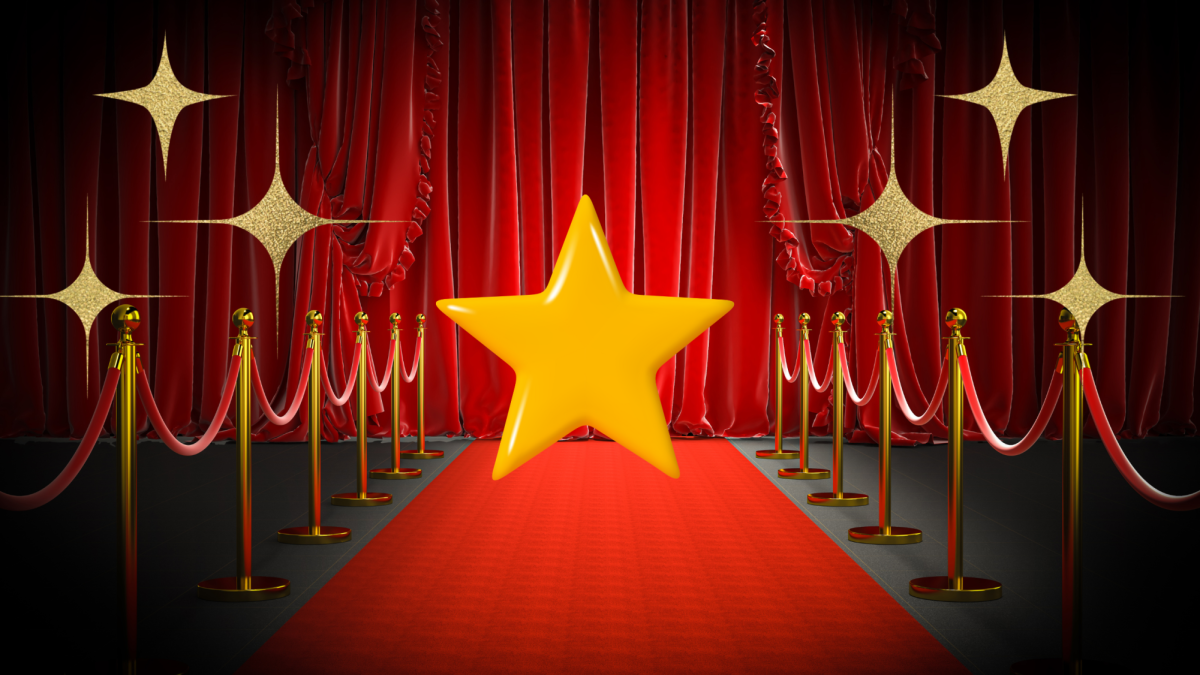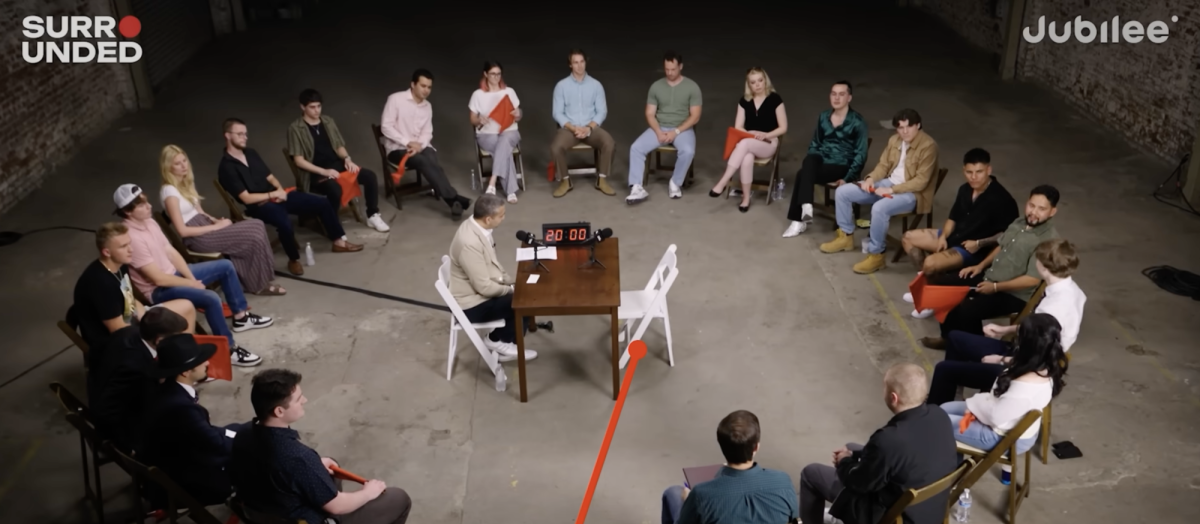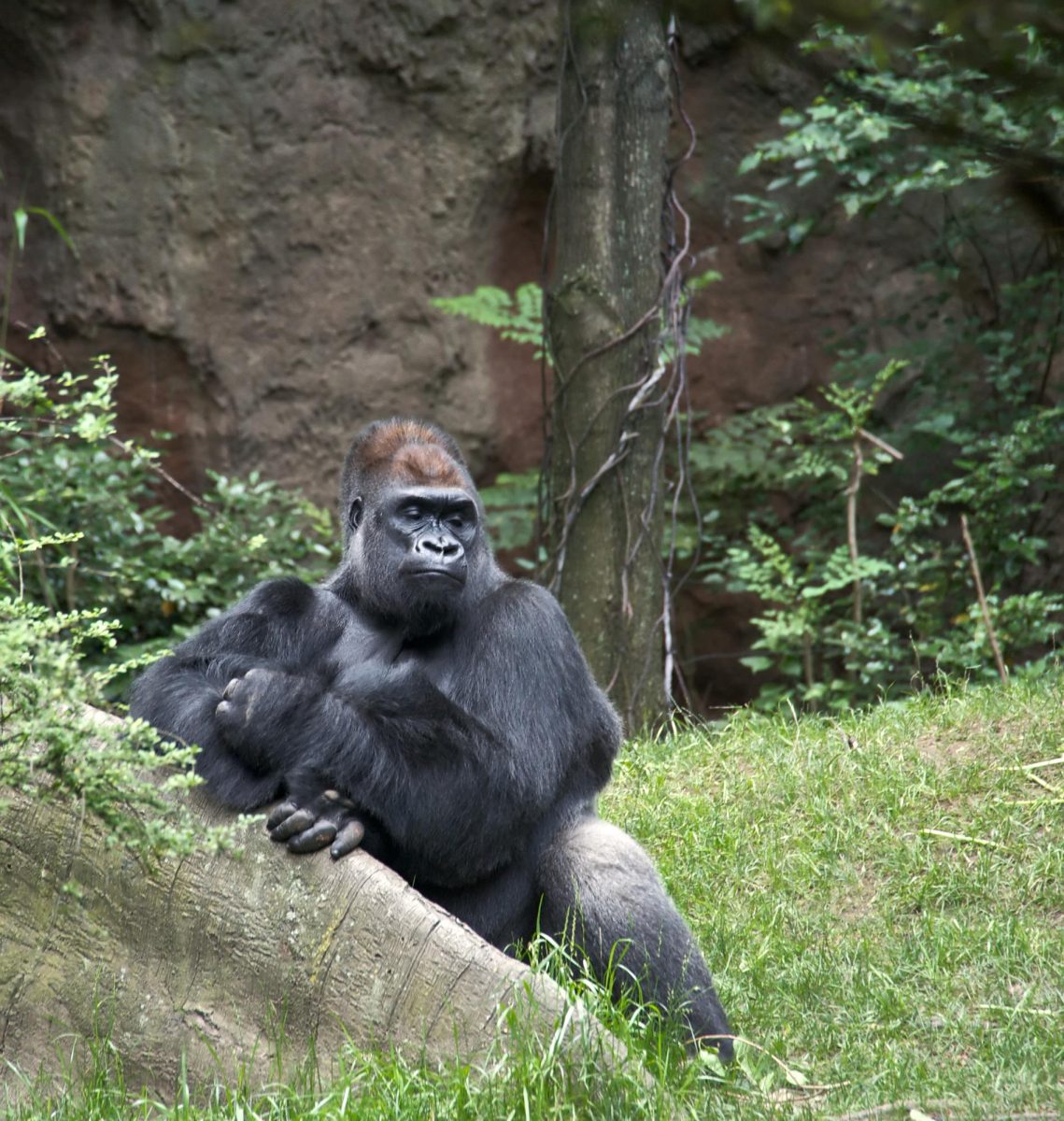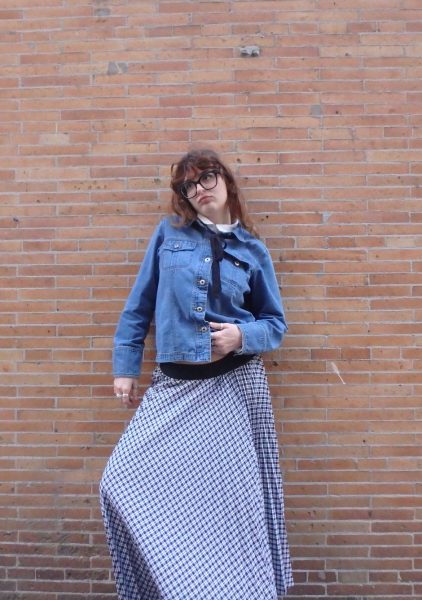At the eleventh hour of my doom scroll on TikTok, I awoke out of my zombie-brained state to see my roommate using an aging filter. Intrigued and curious about the unknown, I tried the filter on myself; needless to say, I was displeased. I found myself moving through different lights, scrolling with anxious thumbs through tens of other videos of people using this filter, hoping that someone, anyone would look nearly as bad as I would in my artificially generated 60s. This filter in the span of five minutes had me researching and developing a curated skincare routine like I was looking for the cure to an inevitable cancer.
It is true that in patriarchal societies women are valued less as they age. We are exposed to gendered ageism from a young age, in “The Little Mermaid,” “Tangled,” “Snow White” and “Hocus Pocus,” in which older women are youth-obsessed hags who use the unsuspecting teenager as a vessel to maintain a fresh face. Fear not, this is not a call to boycott your favorite childhood movies.
In the Western culture, we have embraced a politics that construes “women as consumers, for whom feminism is reduced from a political movement to a certain style that can be bought,” according to Rebecca Munford’s “Wake Up and Smell the Lipgloss.” Youth is a performance; the discipline of exercise, makeup, surgical and nonsurgical cosmetic procedures and skincare. Regardless of what mode of aging you choose for yourself, it will never be good enough. We must age naturally but not too naturally because then you have really let yourself go. And if I can tell that you have even a millimeter of Botox, then shame on you for not loving yourself! Thus, aging is a double-edged sword.
The conversation around cosmetic procedures is quite normalized but we have yet to normalize the before of procedures, the reasons why and the vulnerabilities. The weight of cultural values and how they inform public perception and expectations crush any chance of choice or freedom when it comes to aging and the mental tax is higher than the pink one.
The digital realm mobilizes and accelerates this notion. It is unfashionable to look old. The fuel to the influencer locomotive is jealousy. And youth is a hot, hot coal. Thus comes TikTok, where women are praised for looking so good for a 30-year-old because if you’re older than 25, you may as well be admitted into the nursing home granny. But because we have been spoon-fed ads for anti-aging serums and creams, we have a warped sense of what each stage of life should look like as a generation. And maybe within our culture, there will be room to bring the beauty of aging into the conversation.
Recently, we are more open to the concept of doing so through film. The most striking part of Greta Gerwig’s “Barbie” is when Barbie is gazing at a 91-year-old woman, enamored by her beauty. This scene gives the idea that because she lives in a world where patriarchy does not exist, yet, our protagonist has not been tainted and conditioned to fear growing old. Self-satisfaction with our appearance is hard in this day and age of hyper-comparison and influence. Aging is a privilege. Relieve yourself of the pressure that these structures expect of you.

